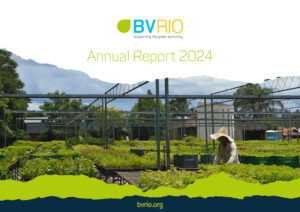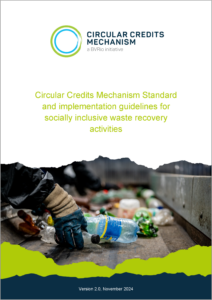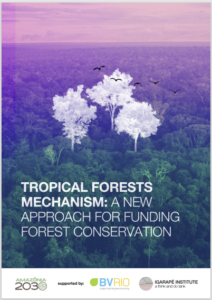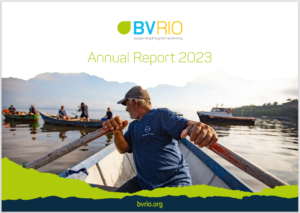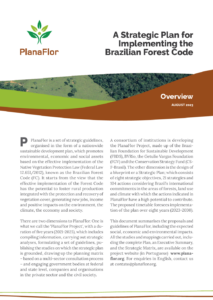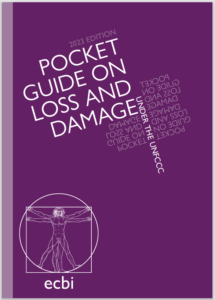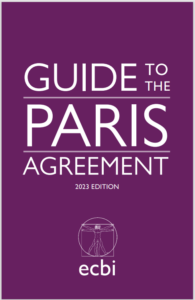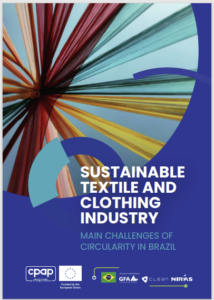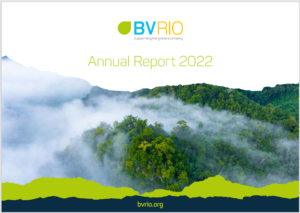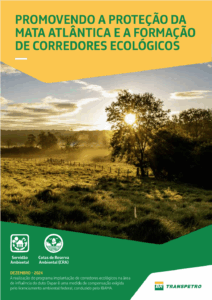
Promoting the protection of the Atlantic Forest and the creation of ecological corridors
This booklet, available only in Portuguese, aims to present instruments that promote the protection of native forests on rural properties that contain vegetation exceeding the minimum required under the Brazilian Forest Code. In this context, we refer to Environmental Easements and Forest Reserve Credits (CRAs), which are designed to add value to landowners who conserve protected native forests.
Throughout this booklet, readers will see that forest conservation not only delivers environmental and social benefits but also generates value for landowners willing to establish and trade the instruments created under Brazilian legislation. We hope that the information presented here will contribute both to a better understanding of these concepts and to the environmental protection and sustainable development of their properties.
This booklet was developed by BVRio in support of the implementation of the Ecological Corridors Programme in the area of influence of two TRANSPETRO pipelines, as an environmental compensation measure required under the federal environmental licensing process conducted by IBAMA.
Download
